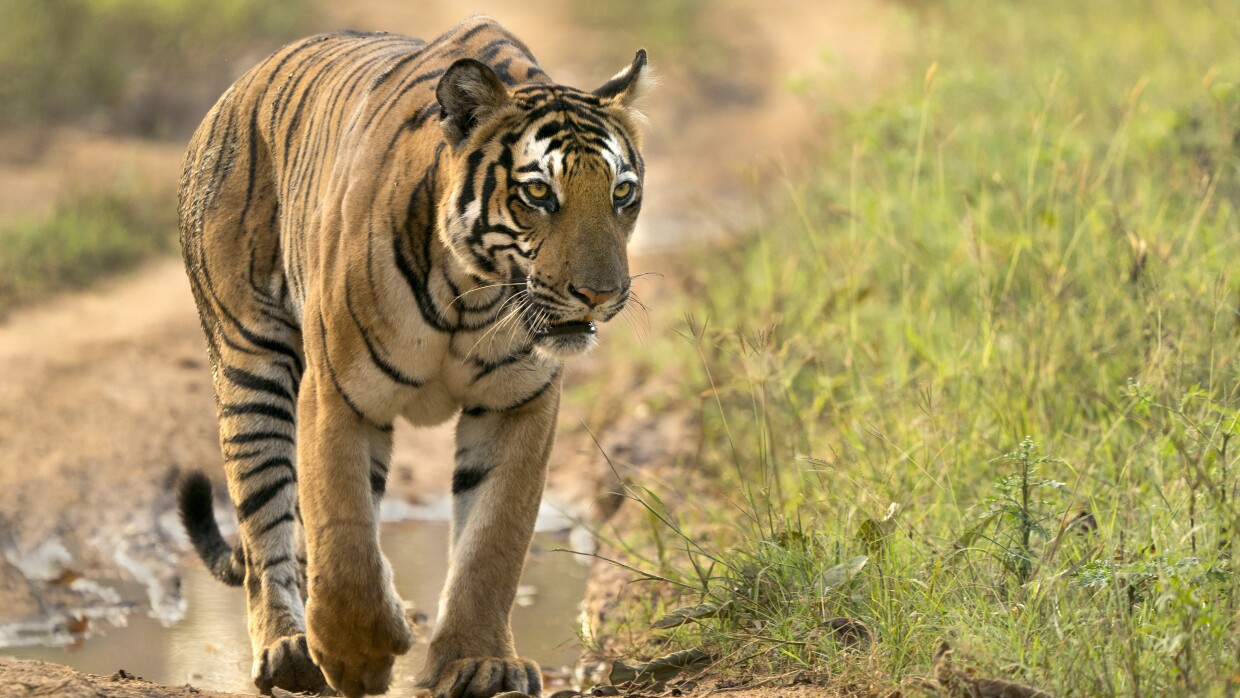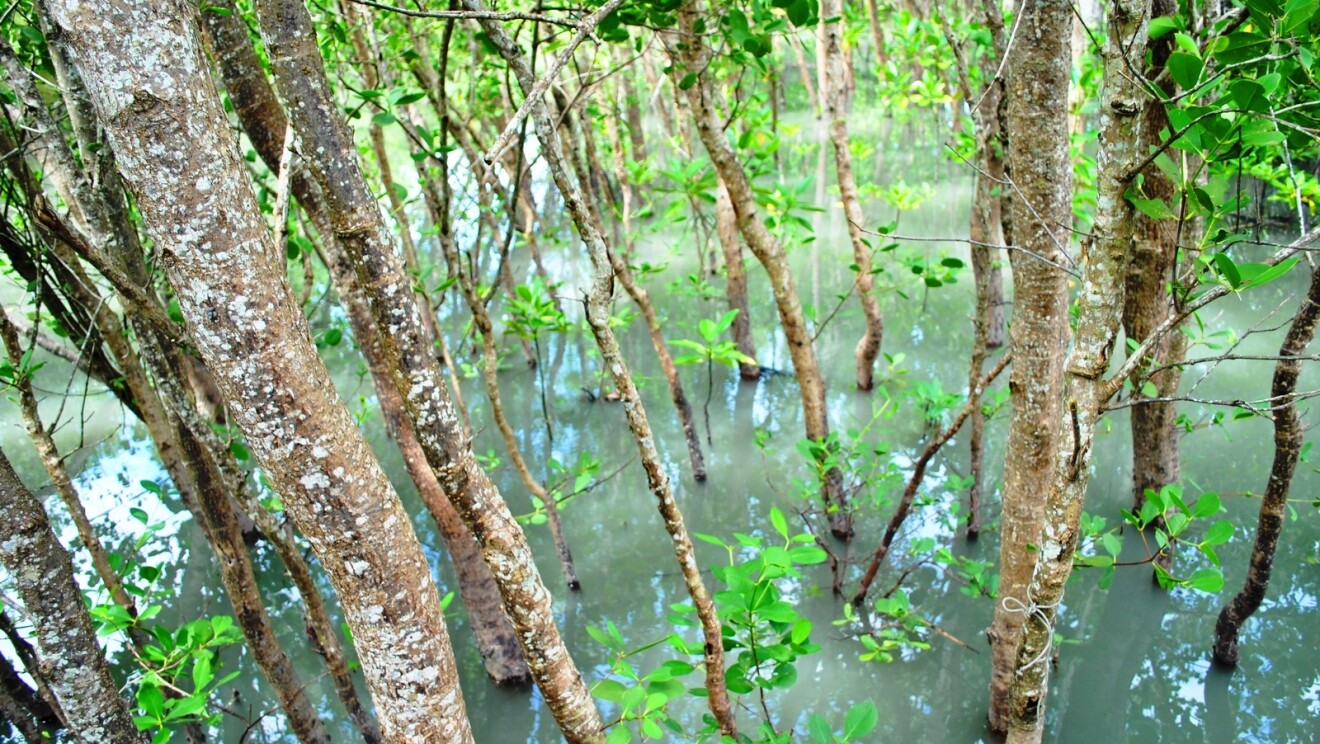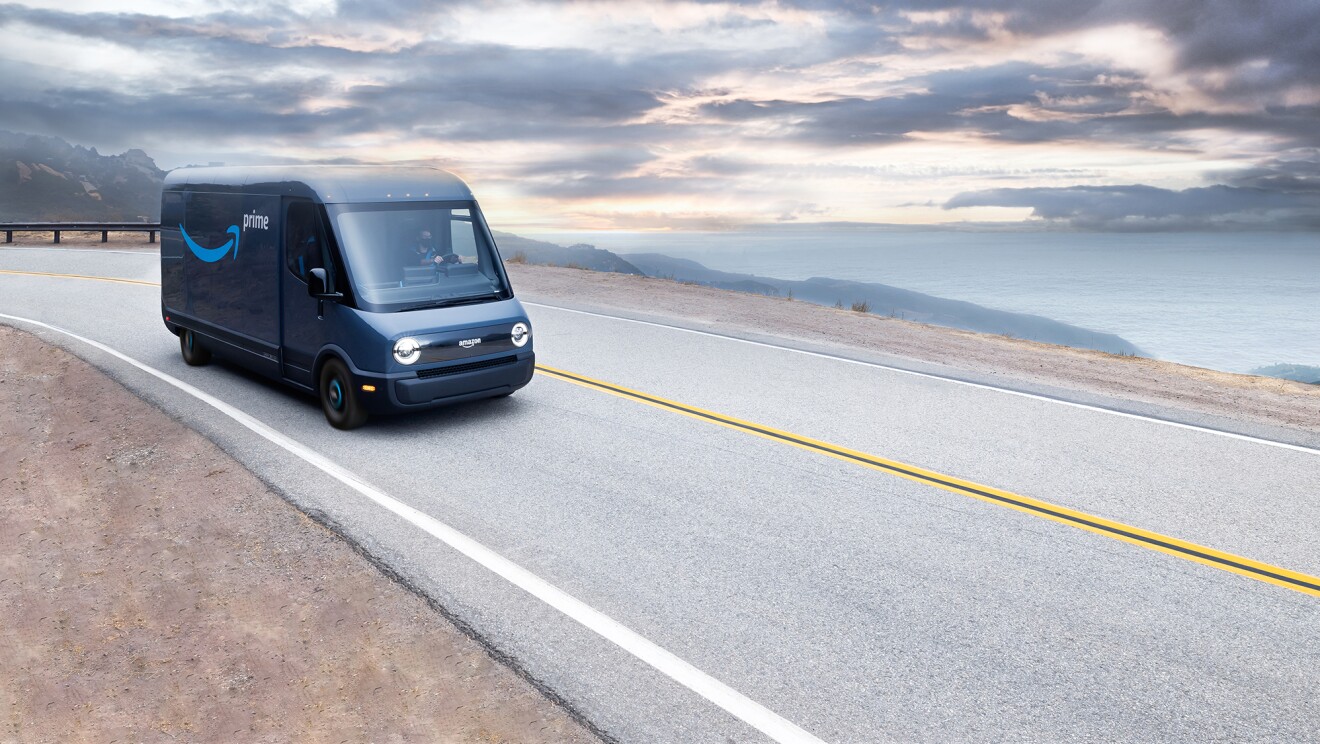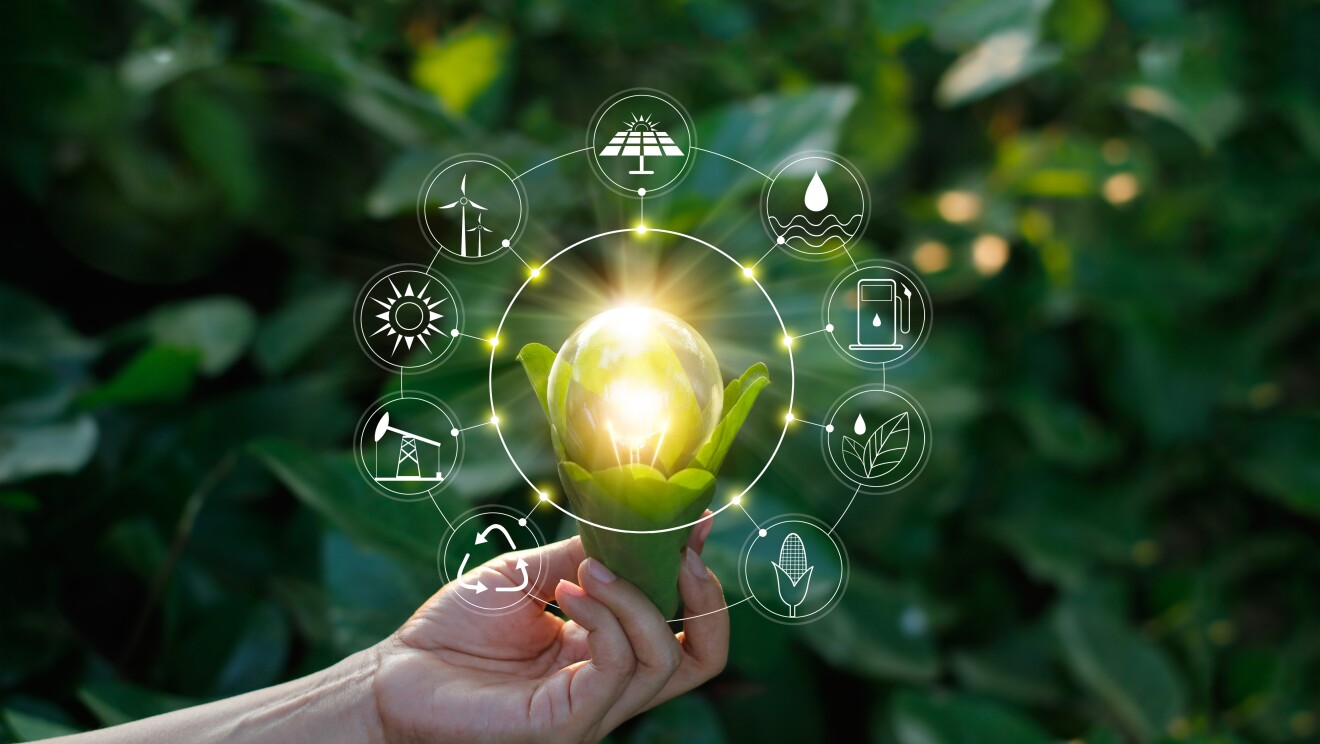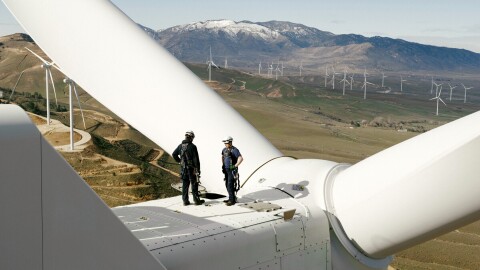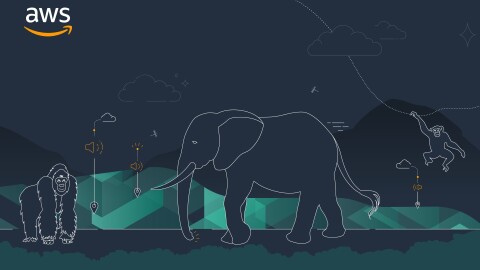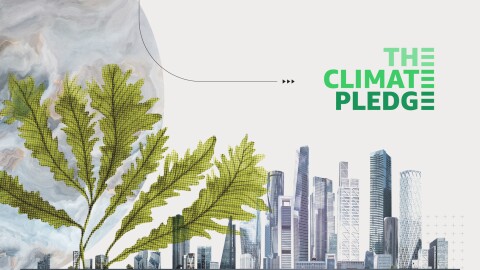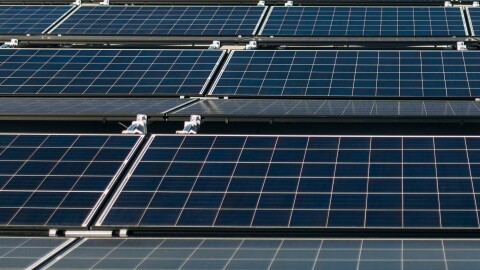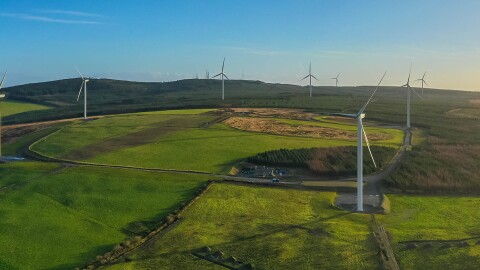Amazon is allocating $15 million (S$20.5 million) for nature-based projects in the Asia-Pacific region from its $100 million Right Now Climate Fund. The fund was established in 2019 to support projects that enhance climate resilience and biodiversity, while driving social benefits in the communities where Amazon operates.
This follows Amazon’s other sustainability initiatives in the region, such as the set up of the International Blue Carbon Institute in Singapore in 2022, a collaboration with Conservation International. The institute aims to mitigate climate change and protect coastal communities in restoring and preserving coastal and marine carbon ecosystems, known as "blue carbon" ecosystems, in Southeast Asia and beyond.
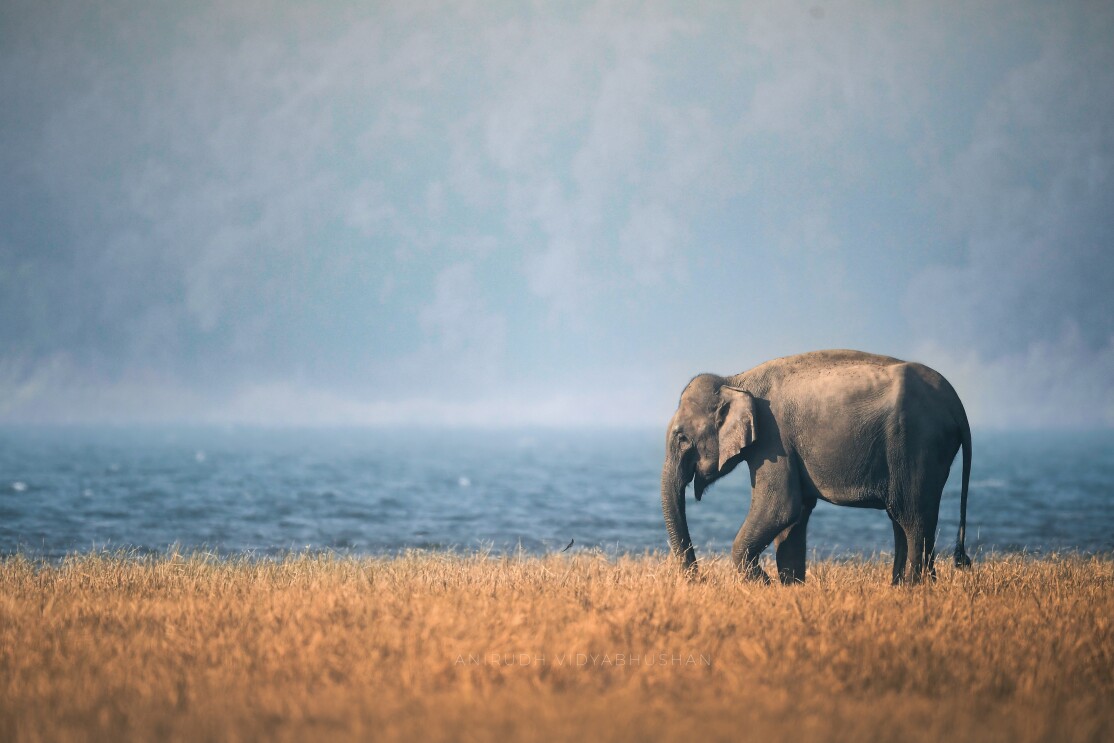
“The Asia-Pacific region is home to vast forests and rich coastal environments, but it is also highly vulnerable to climate change, biodiversity loss and land degradation,” said Kara Hurst, Amazon’s Global VP for Sustainability.
“To protect the region from the impacts of climate change and preserve biodiversity, we will need both large-scale and local action—and we’re committed to investing in both.”
Getting off to a roaring start with the Wild Carbon program
The first project the fund has committed to from its Asia-Pacific allocation is a $1 million partnership with the Centre for Wildlife Studies (CWS) to plant 300,000 trees and support 2,000 family farms in the Western Ghats over three years, as part of the new Wild Carbon program to create carbon sinks as well as enhance livelihoods and wildlife conservation. The area is a UNESCO World Heritage Site that is home to the world's largest population of wild Asian elephants and tigers, and numerous other wildlife species.
In time to come, Wild Carbon aims to support a total of 10,000 farmers in planting and maintaining one million fruit-bearing, timber, and medicinal trees.
“We have designed the Wild Carbon program with an unwavering commitment to wildlife conservation, and also poverty alleviation through livelihood support. By partnering with and incentivising farmers to be part of the solution, we will be able to facilitate buffer habitats for tigers, elephants and other endangered species,” said CWS executive director Dr Krithi Karanth.
Support for community farmers
The partnership with farmers will reduce human-wildlife conflict by creating natural buffer zones, and give them access to high-value trees compared to other subsistence crops. In addition, CWS will use project funds to develop state-of-the-art monitoring systems using drone and remote sensing technology, as well as on-the-ground surveys, to verify program outcomes, advancing research on the potential positive impact of farmers on reforestation opportunities.
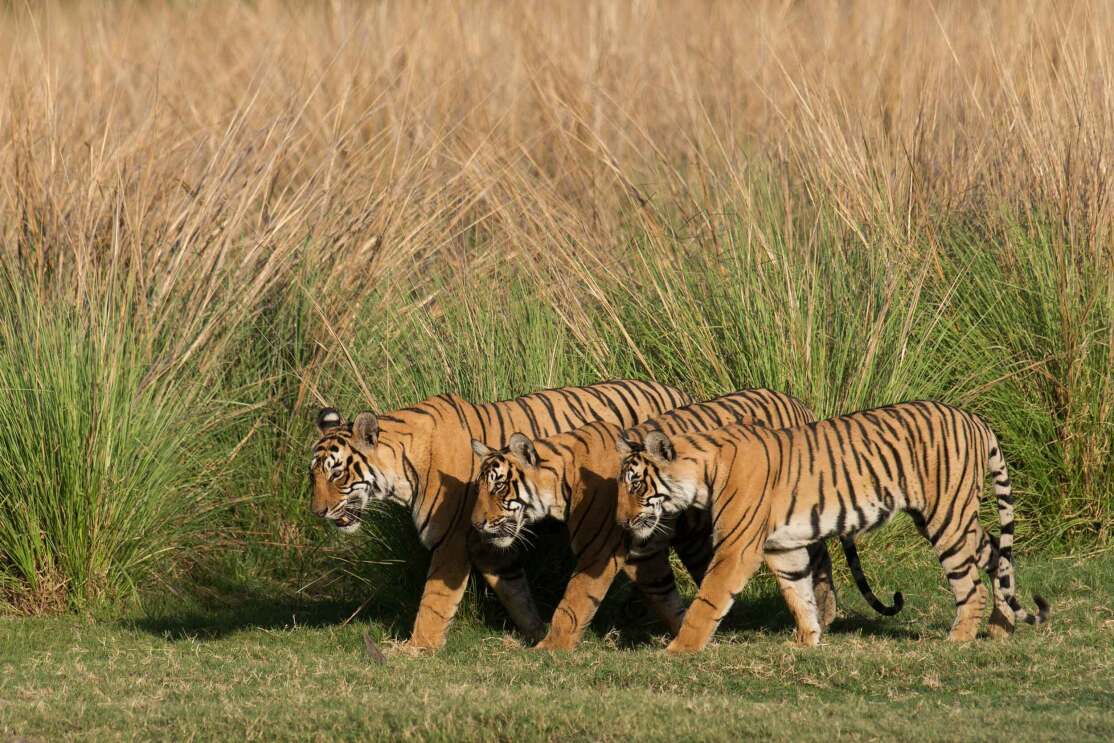
“Amazon’s support enables us to plan and build a program that is self-sustaining in the long-term. The farmers will have upfront support to select tree types that serve both their livelihoods and the wildlife, whilst also receiving technical assistance, agroforestry training, and support for replanting failed saplings,” Dr Karanth said.
How Right Now Climate Fund picks projects
The projects under the Right Now Climate Fund are selected based on their potential positive impact on local communities and livelihoods, as well as the magnitude and tangibility of benefit to the environment. Further investments in projects across Asia-Pacific will be announced in coming months.
The fund’s projects across the globe
In Southeast Asia, the International Blue Carbon Institute based out of Singapore is dedicated to protecting coastal and marine carbon ecosystems. In Europe, the Right Now Climate Fund has allocated €20 million (S$29 million) to nature-based projects. Amazon has also funded forest conservation and restoration in the Appalachian Mountains in the United States. And it’s a founding member of The LEAF Coalition, a global public-private initiative working to mobilize over $1 billion to protect the world's tropical rainforests.
The Climate Pledge: net-zero carbon by 2040
Amazon's allocation from the Right Now Climate Fund for Asia-Pacific complements its broader sustainability and decarbonisation efforts in the region. In 2019, Amazon co-founded The Climate Pledge, committing to reach net-zero carbon by 2040, 10 years ahead of the Paris Agreement. The Pledge now has more than 400 signatories across 55 industries and 38 countries. These companies work together on initiatives that preserve the natural world and enable decarbonizing technologies.
Hero image credits: Centre for Wildlife Studies and Diinesh Kumble


